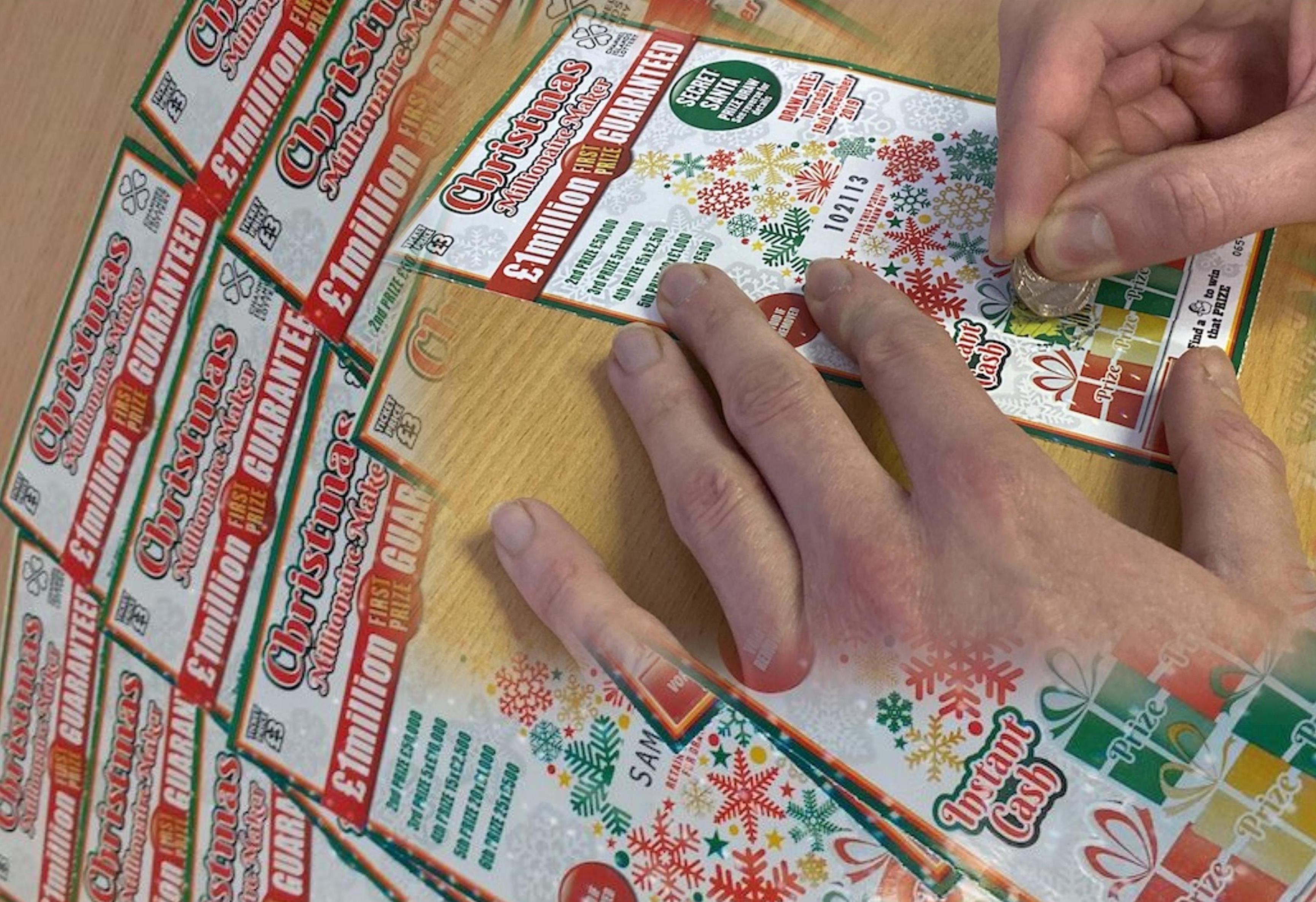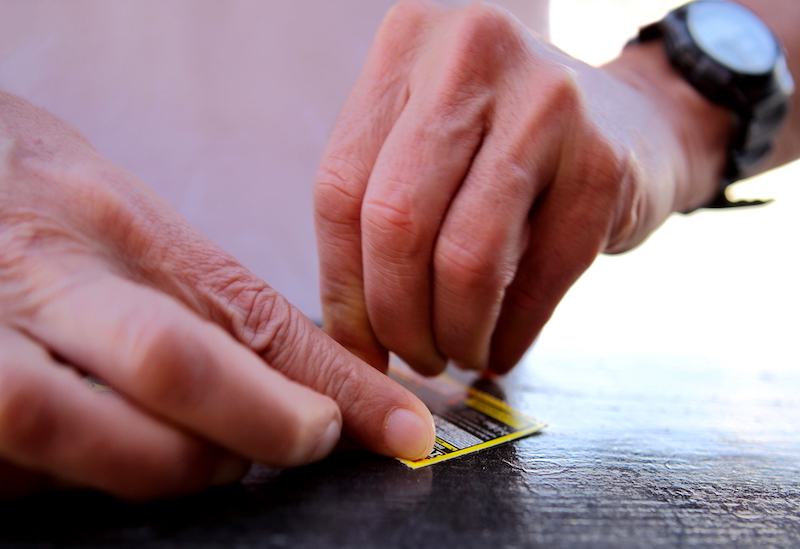


A charity is hoping to address the shortage of information on problem gambling in Guernsey, while raising awareness of the work it does to save people from addictions that have taken over their lives.
Following a continued annual increase in scratch card sales, Health and Social Care committed to reviewing gambling habits back in 2019; commissioning Liverpool John Moores University to conduct a public survey.
The Lifestyle and Recreation Survey closed on 30 November 2019, but the results have yet to be published. In its absence, In-dependence - which helps people with drug, alcohol and gambling addictions - has devised its own.
“We don’t know [how prevalent problem gambling is] at this stage, which is why we put together a survey online and hope as many people fill it in as possible,” said Business Manager Tracey Rear. "We want to get a better understanding of the picture locally.”

Pictured: In-dependence wants to determine which gambling habits are most prevalent in Guernsey.
“If we think back to 2019, there was a lot of conversation suggesting that there was a big problem locally with gambling on the island and there were no services available to respond to need,” said Ms Rear.
“Home Affairs then gave us a small amount of money at the time, we rebranded, and we now have the infrastructure to deal with gambling behaviours,” she said.
Despite this, In-dependence has had very few gambling referrals come forward.
“We think that’s because people don’t really know that we’re here,” she said.
“We want to raise awareness of our organisation and specifically that we can work with at-risk and problem gamblers.”

Pictured: A previous States household expenditure survey indicated that lower income households spend more on gambling activities "relative to the size of their income than those with greater financial resources.”
Problem gambling is hard to determine and Ms Rear hopes the survey will allow people to reflect on their gambling habits.
“The questionnaire we put online asks if people are experiencing problems with relationships at home, if they’re gambling with more than they can afford, whether it’s taking a precedent over other more important things in life.
“People can begin to reflect on how they’re gambling and whether it’s impacting any other areas of life,” she said.
Once the problem has been identified, In-dependence offers a comprehensive service to help manage it.
“[Our] model is based in cognitive behavioural therapy. We teach skills to clients so they can start to understand what their high-risk situations and triggers are to gambling, and it’ll help them guard against putting themselves in situations where they are most likely to gamble.
“We also offer a counselling service so if there are underlying problems, we can address them,” she said.
In-dependence will keep the survey up for at least six months and it can be found ONLINE along with more information on problem gambling assistance.
Comments
Comments on this story express the views of the commentator only, not Bailiwick Publishing. We are unable to guarantee the accuracy of any of those comments.